– But now the tide has turned in the United States. Donald Trump takes a different stance on Ukraine and how the war should end. Should we expect Brussels to adjust to the new U.S. administration?
– That is not what Friday’s unusually heated exchange between Trump and Zelensky suggests. After the incident, EU Commissioner Kaja Kallas immediately offered increased financial support to the Ukrainian president, so he could keep the fight going. A significant portion of European leaders are pro-war and radically liberal. For them, cooperating with a conservative U.S. president is akin to making a deal with the devil. Meanwhile, Donald Trump is not easing up. Europe is in a tough spot, making one mistake after another.
Instead of demanding war, they should be pushing for peace. Instead of conflict, they should be fostering relations with the U.S. Instead of pouring money into weapons, they should be strengthening their competitiveness. But they refuse to do so. The Hungarian government is taking a different path, which is why Brussels is punishing us.
Still, we are entering a period of change. It is possible that Hungary could serve as a bridge between the United States and the European Union. This would place Hungary in a uniquely advantageous position.
– If this policy succeeds, it could provide strong momentum for the government to implement the new measures Viktor Orban outlined in his annual address. The tax exemption for mothers with two or three children, as well as the VAT refund on fruits, vegetables, and dairy products for pensioners, are unprecedented steps, but they will place a significant burden on the budget. Can they be realized given that peace remains uncertain and President Trump is poised to impose tariffs on EU products, which would inevitably impact the Hungarian economy?
– The Hungarian budget will cover all the measures that were announced by the prime minister.
– Many economic analysts dispute that claim.
– These so-called analysts have been predicting economic collapse since 2010. They tremble with anticipation, waiting for disaster, but it never comes. They lecture us on what they think is wrong and why everything was supposedly better under the leftist governments. But time and again, reality proves them wrong. They talk about missed deficit targets, impending bankruptcy, and economic doom, yet none of it ever materializes. We know them well—take, for example, the foreign-funded GKI analysts, Maria Petschnig, or former central bank governor Andras Simor, whose son, Daniel Simor, just happens to be an ‘independent and objective’ journalist at Telex, a paper that parrots these same claims. It’s a network, plain and simple.
– While some analysts may have a poor track record, there are legitimate concerns—such as the state of the German automotive industry, which could suffer further if President Trump follows through on his tariff threats, potentially damaging the Hungarian economy.
– We have long maintained that a Trump administration does not guarantee Europe’s success, but it does ensure that normality returns to the United States. Europe must strengthen itself from within—no one else will do it for us. The American president will always prioritize the U.S. The problem is that Europe’s leaders have lost control. Viktor Orban has been warning for years that we are falling behind, that we have been sidelined. That must change. The continent needs strong leadership once again.
– Returning to the prime minister’s annual state-og-the-nation speech, he emphasized a zero-tolerance policy and an intensified crackdown on drug dealers. But wasn’t this already the policy? What's changed?
– We've always had zero tolerance in place, without any heightened menhunts, just average law enforcement intensity. But the interior ministry will step up law enforcement efforts.
– Why no manhunts so far? Was the situation not deemed serious enough?
– On the contrary, I have long believed that the drug problem is tragic. As mayor of Budapest’s 8th District, I saw firsthand how drugs destroy young lives on a massive scale. We fought it with every tool at our disposal. Since then, the issue has spread beyond the capital to the countryside. The situation has worsened significantly in recent years, and it was time for the state to act. I welcome this decision.
– We cannot leave the shifting domestic political landscape without a mention, which is this: a disgruntled former Fidesz insider has emerged, garnering the overwhelming majority of leftist voters in three months, then secured 30 percent in the European parliamentary elections, and its support appears to be growing. Despite Peter Magyar’s involvement in one scandal after another, his party remains strong. How does Fidesz plan to respond?
– I see things entirely differently. I think his scandals do damage him. The perception may be skewed because the liberal media downplays these issues, but over time, people will realize that Peter 'Brussels' is not who he claims to be. The left is engaged in a massive deception orchestrated by Manfred Weber, and their handpicked figurehead is following every order, dutuilly.
Fidesz must focus on this latter threat, because the Tisza Party would surrender Hungary’s independence. As their leader openly admitted, we should give up ‘a little sovereignty.’
They would implement Brussels’ austerity measures, which we have resisted for years. They would align with the pro-war bloc, support Brussels’ migration policies, embrace radical gender ideology, and eliminate utility price cuts. These are not my words; their politicians have made these statements themselves and voted accordingly in the European Parliament.
– Peter Magyar is the exact prototype of the type of person who makes many dislike Fidesz. Yet now, the opposition is celebrating him. What could be the reason for this contradiction?
– As a matter of fact, one of the most irritating Fidesz figures for us has turned into the most likable left-winger. Left-wing voters already have a tough time as it is—they have to idolize a newly designated figure every four years and learn the name of yet another new party. And in return, they just get the same failed policies as before, just repackaged. And still funded by foreign money, serving foreign interests. There’s no contradiction here—there’s a part of the country that will follow anyone as long as they’re not pro-government and as long as their propaganda media glorifies them. We’ve seen this before, and we know how it ends.
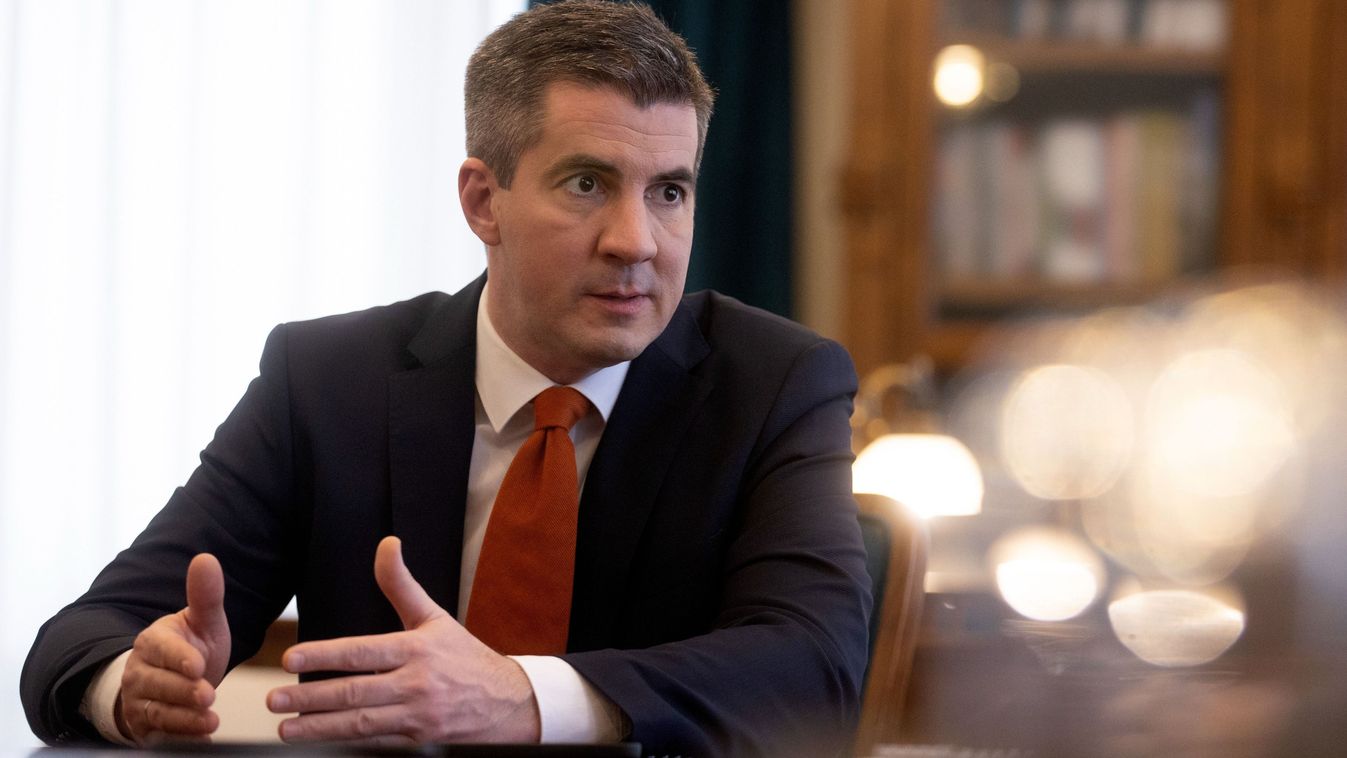
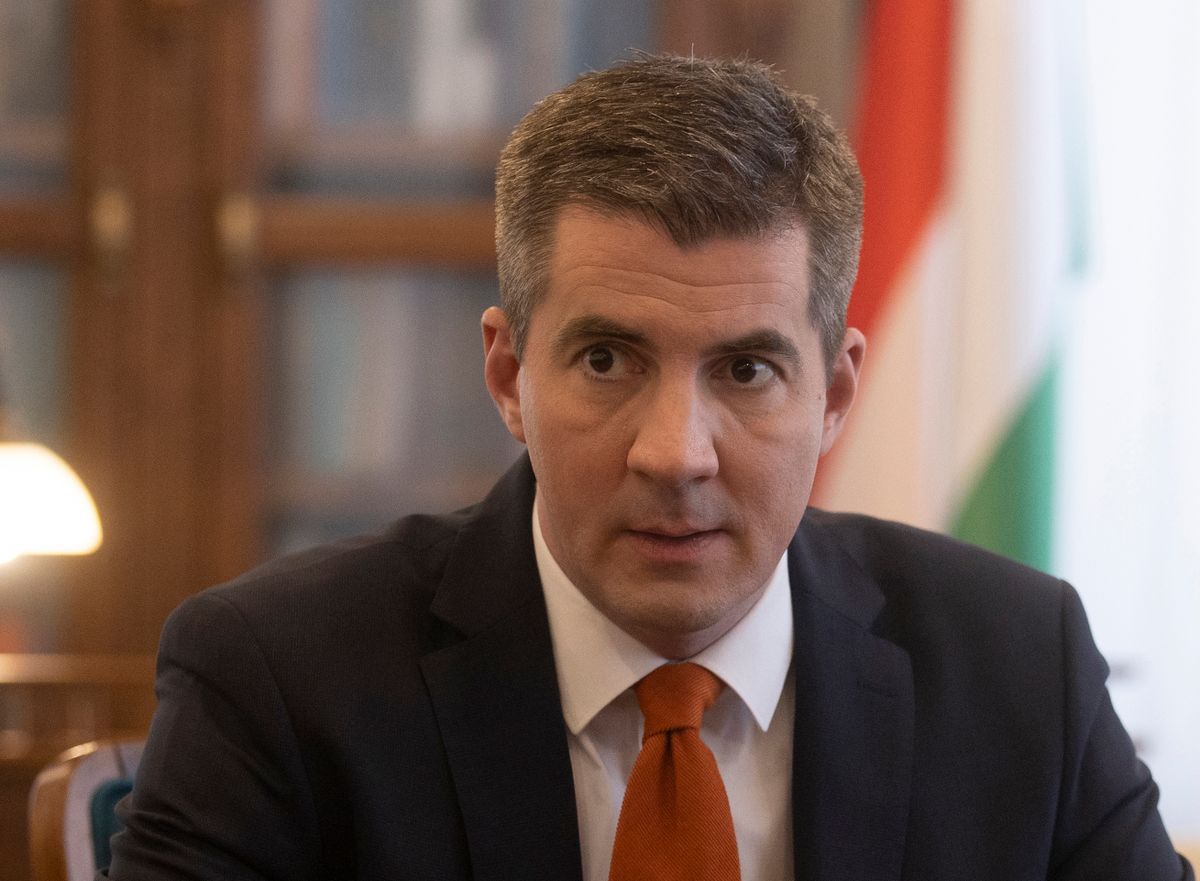
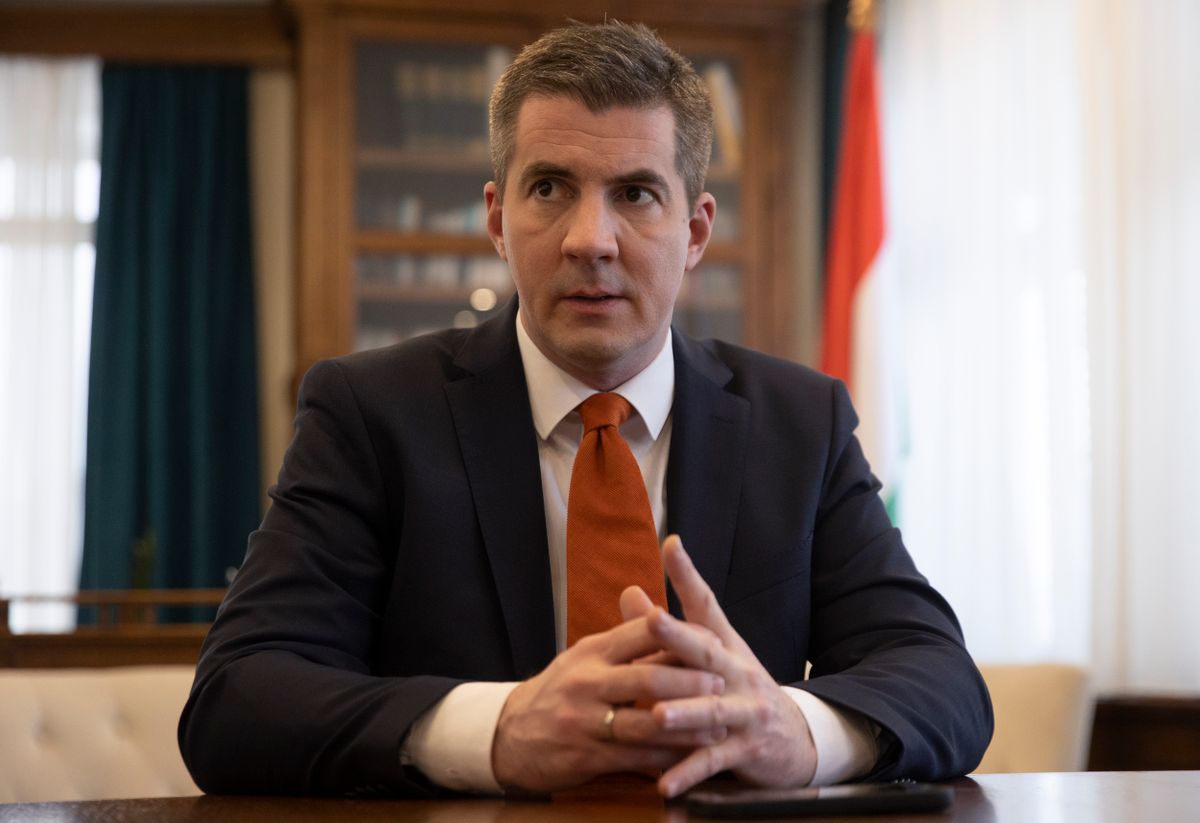
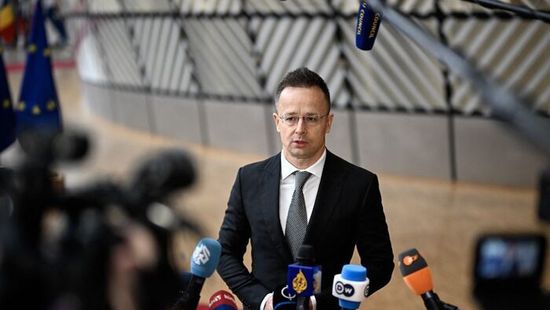




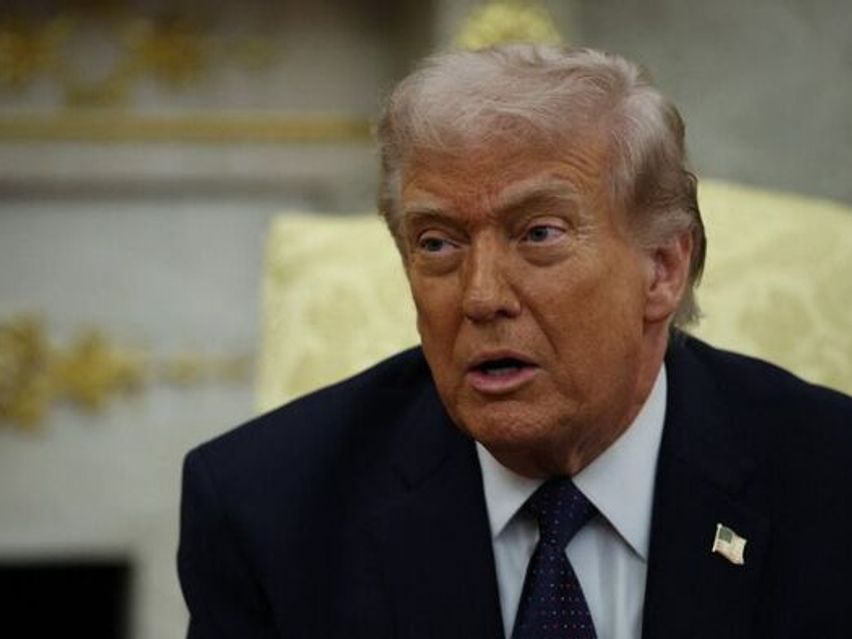
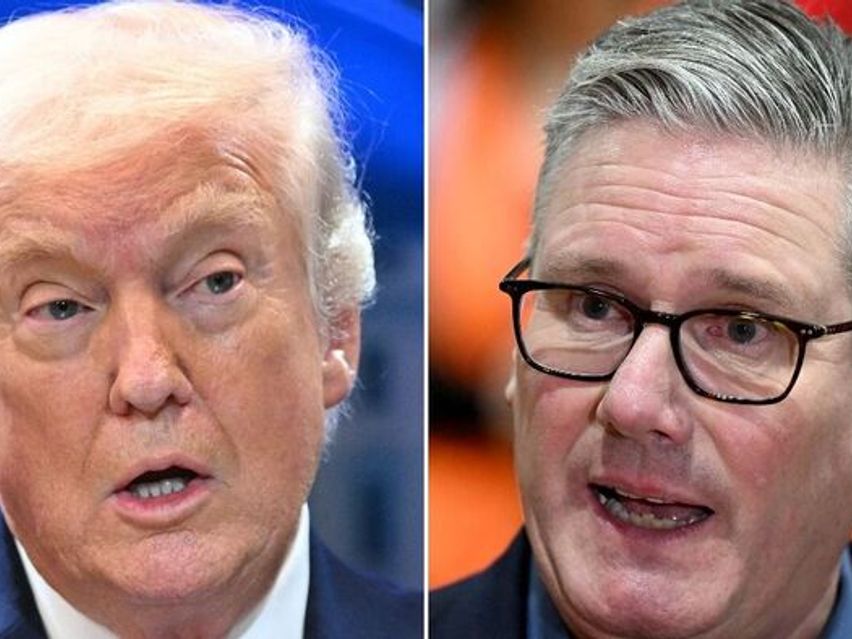






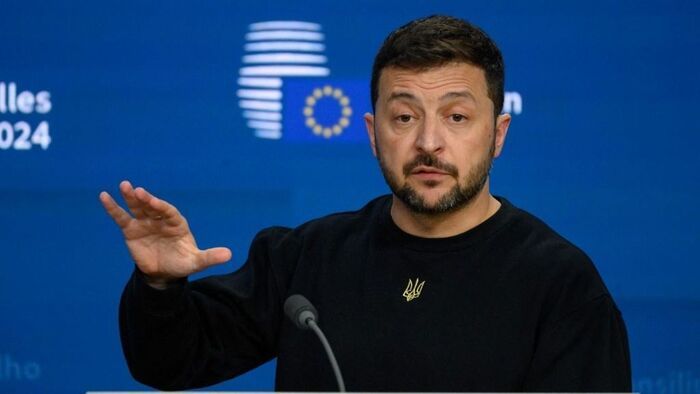
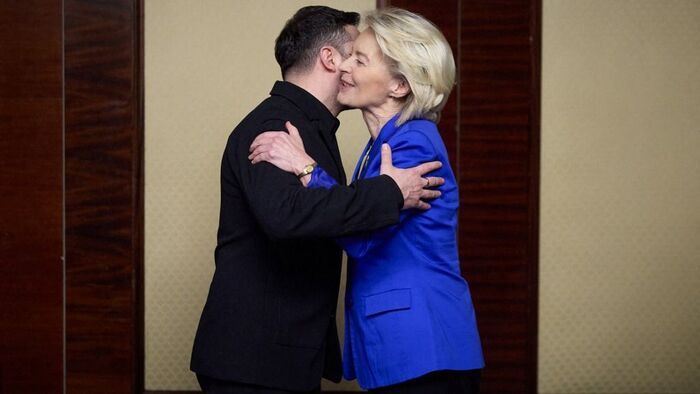
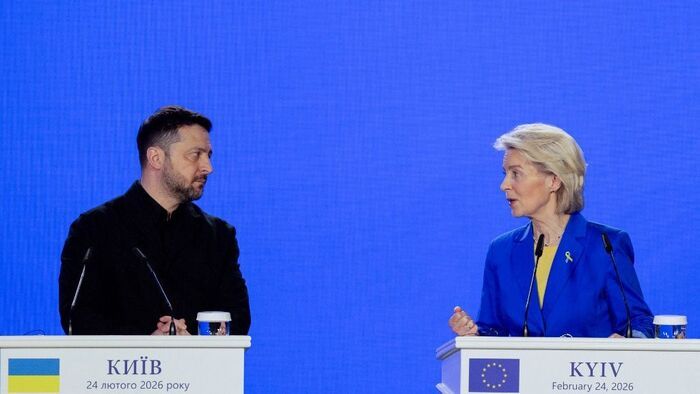
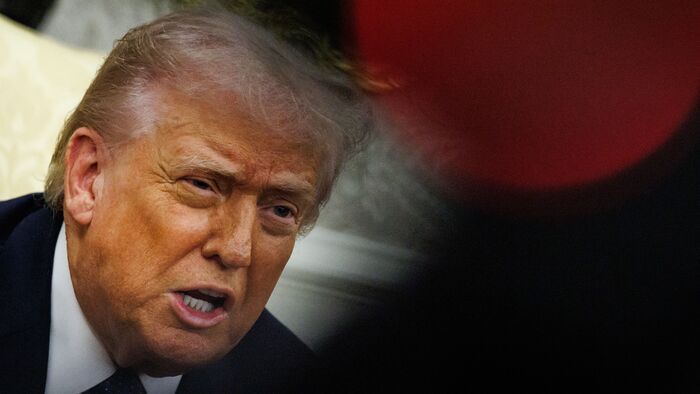





Szóljon hozzá!
Jelenleg csak a hozzászólások egy kis részét látja. Hozzászóláshoz és a további kommentek megtekintéséhez lépjen be, vagy regisztráljon!